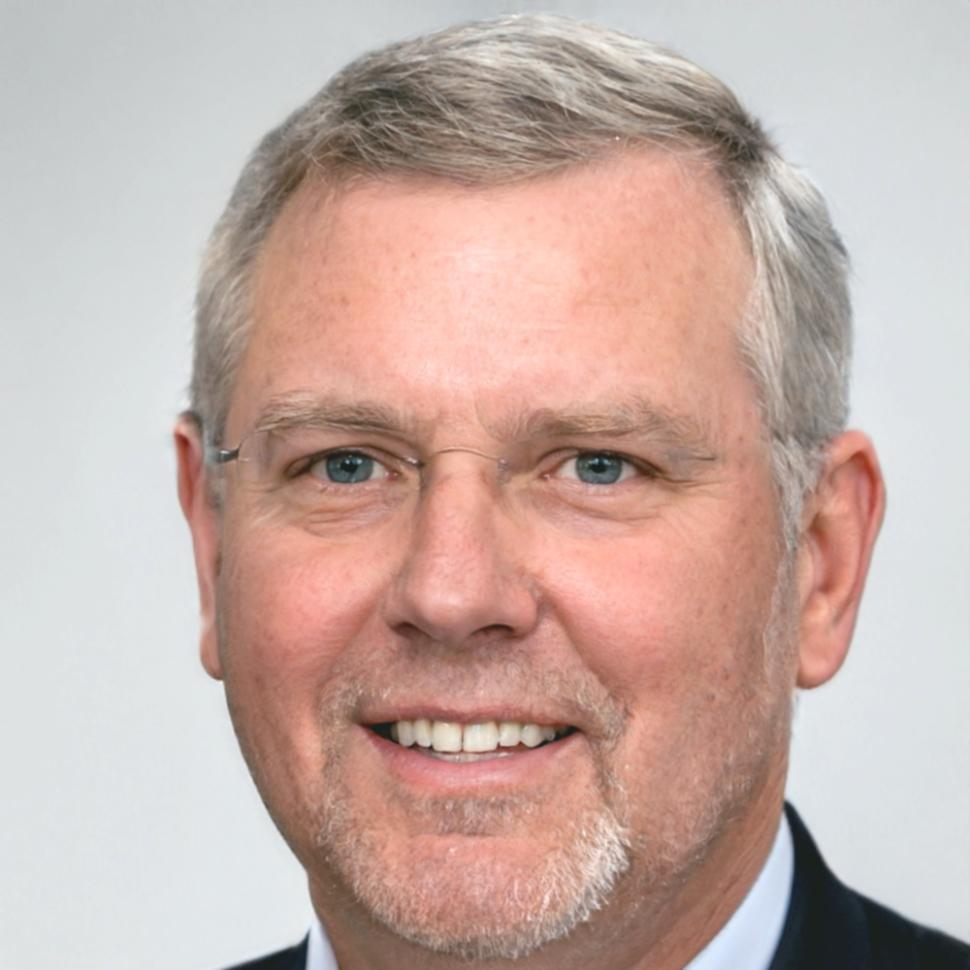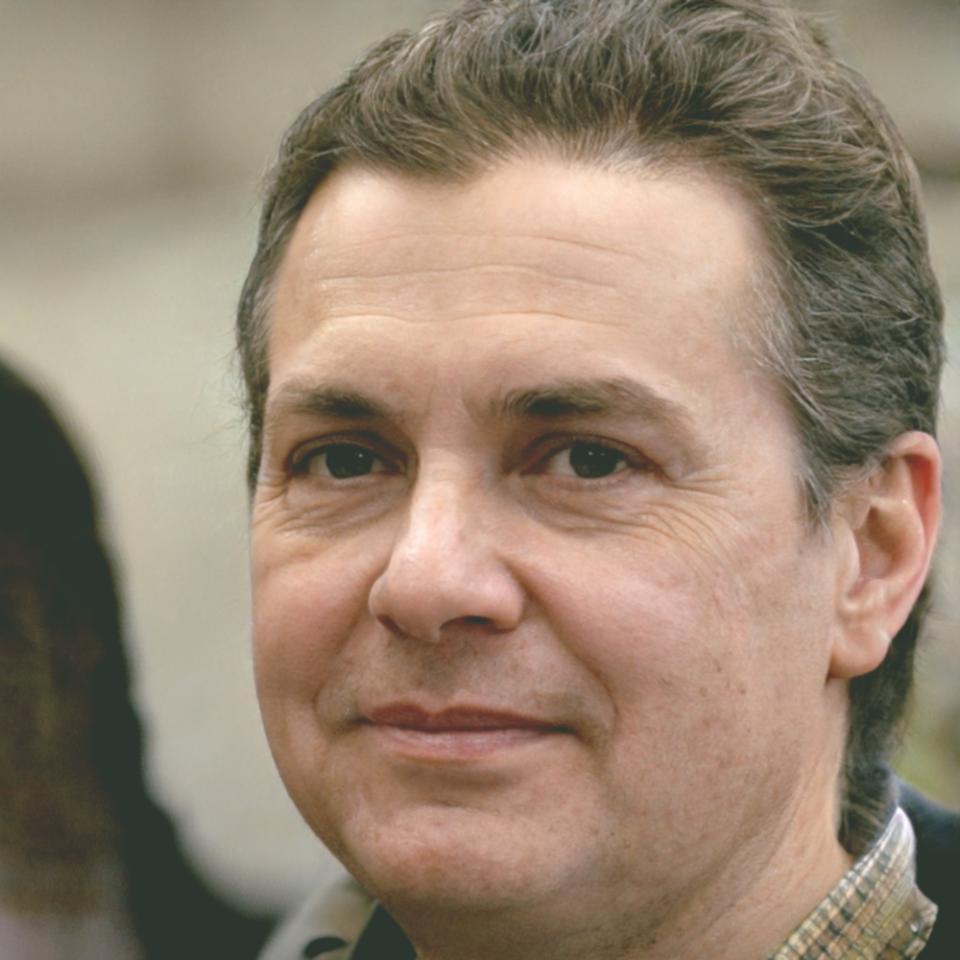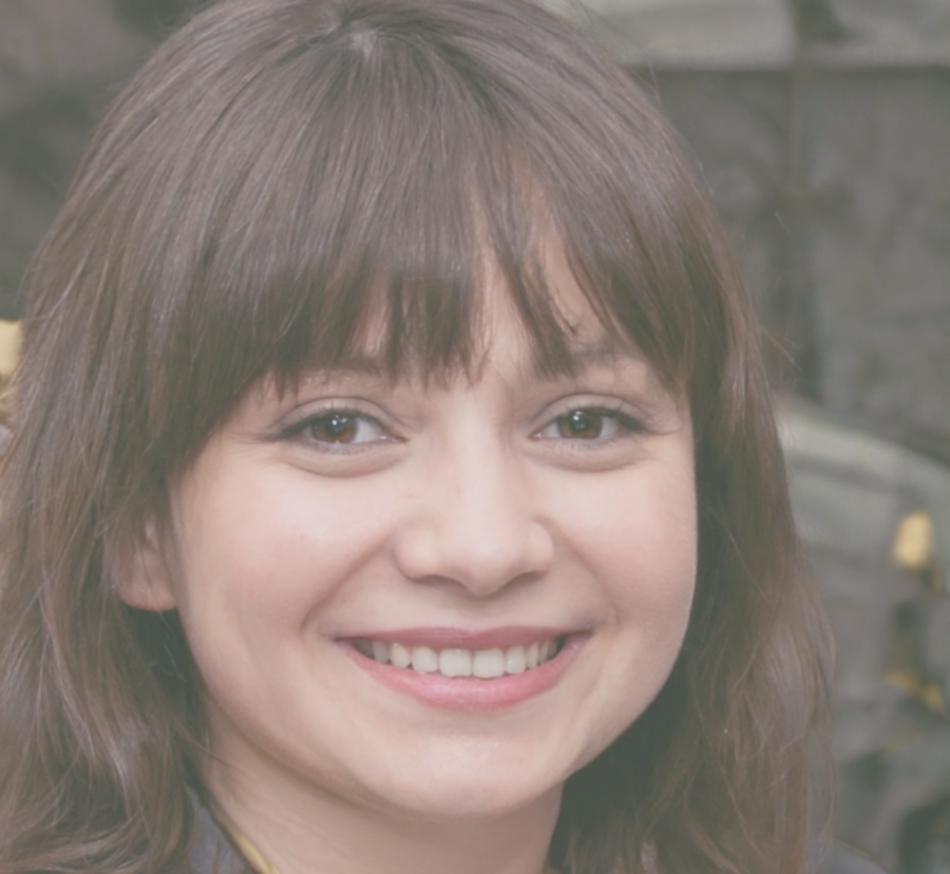Economic Planning Education for Real Financial Clarity
We built this program after years of watching people struggle with financial decisions. Not because they lacked intelligence—they just never had the right framework. Our approach focuses on practical economic planning methods you can start applying right away.
Questions People Actually Ask
These are the real concerns we hear from people considering this program. We organized them by where you are in your decision process.
Before You Sign Up
- Do I need an economics background or can I start from scratch?
- What if I can only attend one session per week instead of two?
- How much homework should I expect between sessions?
- Are the lessons recorded if I miss a class?
During the Program
- How do I get help when I'm stuck on a concept?
- Can I work on my own financial situation as part of assignments?
- What happens if I fall behind and need extra time?
- Are there study groups or peer support channels?
After Completion
- Will I receive any certification or completion document?
- Can I access course materials after the program ends?
- Do you offer follow-up sessions for alumni?
- How can I continue learning after this foundation?
Ongoing Support
- Is there a community I can join for continued discussion?
- Do you update materials as economic conditions change?
- Can I retake the course or join refresher sessions?
- What resources do you recommend for staying current?

What You'll Actually Learn
We skip the academic theory that sounds impressive but doesn't help when you're making real decisions. Instead, you get practical frameworks for analyzing your economic situation and planning ahead.
Understanding Your Current Position
Most people don't actually know where they stand financially. We start by mapping your complete economic picture—assets, obligations, cash flow patterns, and hidden costs.
Building Realistic Projections
You'll learn how to create financial forecasts that account for uncertainty. We cover scenario planning, risk assessment, and adjusting plans as conditions change.
Making Better Economic Decisions
When should you invest in growth versus building reserves? How do you evaluate opportunities? We work through real decision frameworks you can apply immediately.
Adapting to Economic Shifts
Economic conditions change. You'll develop skills for recognizing shifts early, understanding their implications, and adjusting your strategy accordingly.
Economic Patterns We're Watching in 2025
The financial landscape keeps shifting. Here's what we're paying attention to and incorporating into our curriculum this year.
Regional Economic Integration in Asia
Taiwan's position in Asian supply chains continues evolving. We're seeing increased collaboration across borders, new trade patterns, and shifting investment flows. For individuals and businesses here, this means understanding how regional dynamics affect local opportunities and risks. We cover how to interpret these changes and what they might mean for your planning.
Interest Rate Environment
After years of low rates, we're in a different environment now. Borrowing costs matter again, savings strategies need rethinking, and investment assumptions from the past decade may not hold.
Digital Payment Evolution
Cash usage continues declining while digital payment options expand. This affects everything from personal budgeting to business operations to financial privacy considerations.
Demographic Shifts and Economic Planning
Taiwan's aging population creates specific economic challenges and opportunities. Healthcare costs, retirement planning, intergenerational wealth transfer—these aren't abstract future concerns anymore. We help you build plans that account for demographic realities rather than ignore them.
Tech Sector Maturation
The technology industry is moving from growth-at-all-costs to profitability focus. This shift affects employment patterns, investment strategies, and economic stability in tech-heavy regions.
Real Estate Realities
Property markets face new pressures from remote work trends, changing urban patterns, and affordability concerns. Understanding these dynamics matters whether you own, rent, or invest in real estate.
Who Teaches This Program
We're not celebrity economists or television personalities. Just people who've spent years working with economic planning challenges and figured out how to explain complex concepts clearly.

Wallace Chen
Lead InstructorWallace spent twelve years in corporate finance before realizing most people never learned the practical side of economic planning. He created this program to fill that gap. His teaching style focuses on real examples and working through problems together rather than lecturing at people. Students appreciate that he admits when questions don't have simple answers.

Interactive Workshop Format
Collaborative Learning ApproachClasses involve plenty of discussion and problem-solving together. You'll work through actual scenarios, compare different approaches, and learn from other participants' perspectives. This isn't a lecture hall where you passively take notes—expect to think through problems actively.

Russell Martinez
Teaching AssistantRussell handles the homework review sessions and helps when people get stuck between classes. He's particularly good at breaking down confusing concepts into understandable pieces. Available through the course message system for questions.

Elena Vasquez
Program CoordinatorElena keeps everything running smoothly—from scheduling to materials to handling the occasional technical issue. She's also the person to talk to if you're struggling to keep up or need to adjust your participation schedule.
Next Program Starts October 2025
We run this program twice yearly to keep class sizes manageable. Autumn session begins October 6, 2025, with classes on Monday and Wednesday evenings from 7 to 9 PM Taiwan time.
Registration Opens: August 15, 2025